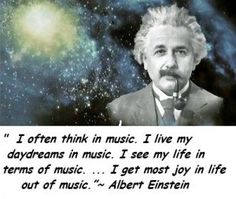I refer the reader to the linked article.
The author of the article makes these main points.
My only quibble is to press to find out if the mechanisms of creation are really part of the doctrine or really excluded from the doctrine. Our author claims that the mechanisms are excluded. I am not persuaded, altogether. Although if it is, it make my job easier, which is neither here nor there.
There is a claim that humans have a special place in all of existence, or nature, or creation. That claim seems incredible, incredulous, considering the reality of modern cosmology.
If someone wants to argue that we're special because of some alleged "fine tuning" of reality to make room for us, it is, first of all, a far weaker claim than Christian theism needs; and that the uncaused cause (alleged to be God) could be the initial state of the universe, not a Creator. Plus, the default position is atheism, which is not refuted.
Response:
Cosmology accounts for changes, not for origins. As does all of science.
The fundamental sense of the Christian doctrine of creation is of the metaphysical dependence of all things on God. Temporal origins of the universe are not the dependence origins: apples and oranges.
Further, there is not necessarily a temporal sequence between cause and effect. Metaphysics addresses ultimate causes of existence, and reason demonstrates that there is creation, re Thomas, in that there is a distinction of existence and essence of all things.
This doctrine, which is THE doctrine of creation, is not challenged by modern cosmology.
The Christian tradition accepts philosophical metaphysics within it, and adds to it, both the temporal finitude of the world and that creation is an act of divine love.
The philosophy of nature, not natural science itself, is the place to discuss intelligibility, randomness and chance in the meaningfulness of objects of creation or nature. Metaphysics is at home here, and for the believer, so is theology.
Regarding the default position of atheism, the doctrine of Creation does not need to invoke God to give a scientific account, because the created order is an autonomous and integrated reality that enables scientific truths to be discovered, wherein real causes, subordinate to God's having created the real causes to locate in creation, can be found. Subsidiarity, or enabled actions, do not deny God's sovereignty, but result from it.







